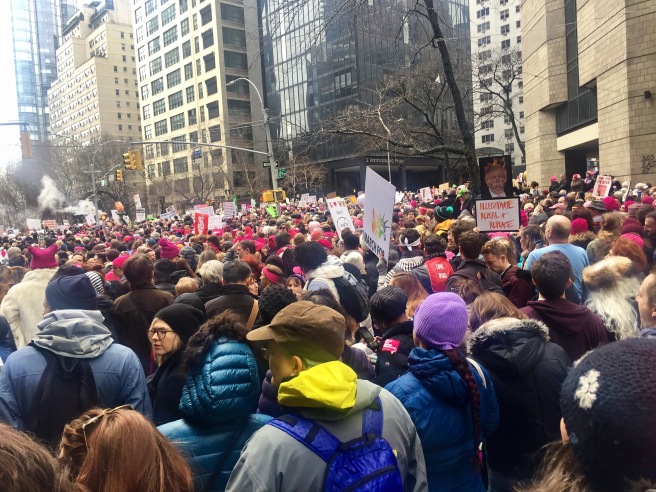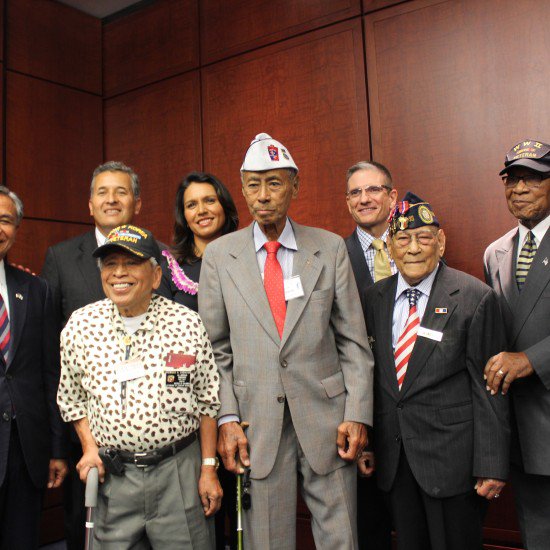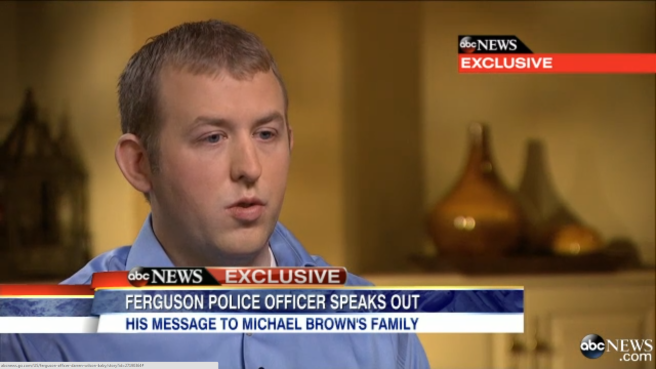
This week, I become an American citizen, 27 years after coming to the United States.
Like most immigrants, I emigrated to the United States for its promise of opportunity, freedom, and equality. My parents had sacrificed much to send my brother and me to the best private school in the Philippines, but it was not enough to secure financial stability, much less upward mobility. As a young gay man, I was stifled by the cultural and social expectations of the time. I decided that moving to New York City would allow my family to save face and me to live and love openly and with integrity, while pursuing opportunities waiting for me. Like millions of other immigrants, I shared the American Dream of prosperity and happiness.
The seeds of this dream were planted over a century ago, when the United States colonized the Philippines in 1898. The fact is, immigration is an unintended consequence of imperialism. At the turn of the twentieth century, Filipino farm workers were recruited to provide cheap labor in Hawaiian sugar plantations. At the same time, Filipino students were sent to the U.S. mainland to be educated as future administrators of the Philippines. Life for these men was difficult but they persevered and many stayed, building new lives that seemed golden to many back home, including my maternal grandfather.
Lolo Pedong loved everything American. He named his first child, my mother Georgena, after the first president of the United States. He regaled us, his grandchildren, with World War II stories and praised MacArthur for keeping his promise and saving Filipinos from Japanese perdition. He repeatedly told us the story of young George Washington and the poor cherry tree.
It is no surprise then that my uncle settled in rural Mississippi in the 1960s to serve poor whites, blacks, and Choctaws as their general physician. Thanks to the Immigration and Naturalization Act of 1965, he was then able to bring my grandparents and unmarried uncle and aunts to the United States in the 1970s. This change in immigration policy also permitted my paternal aunts to stake their fortune in America. But the law had its limits and my family remained in the Philippines.
Nonetheless, my family never stopped gazing at America. How could we not? Life under the Marcos dictatorship was hopeless and good things came from my aunts and uncles in America: U.S. dollars and balikbayan boxes filled with mac and cheese boxes, Spam tins, Hershey’s chocolate, name-brand clothes, and other American delights. We were weaned on Sesame Street and entertained by Hollywood.
On July 7, 1990, armed with my parents’ blessing and $1500, I came to America and never looked back. I put myself through grad school, received my Master’s degree, then my doctoral degree, I’ve had three careers in small business, nonprofits, and now, in academia. I met and married the man of my dreams and we live comfortably in the greatest city in the world.
But until this week, something was missing. A sense of stability and rootedness. A basic confirmation of who I know I’ve been for quite some time now: an American.
Citizenship had been elusive for me, not for lack of desire or want of trying. Immigrants can become citizens through employment or marriage. Employment was never a viable option and marriage was denied to me and my husband until 2010, 12 years after we got together. Our union was not recognized by the federal government until 2013. The U.S. Supreme Court Obergefell v. Hodges decision finally paved the way for me.
America has its flaws and my path to becoming American has been long, and at times, challenging. But America is in my heart. This is my home, this is my land, and these are my people.
Originally published on HuffPost.
 I march
I march




